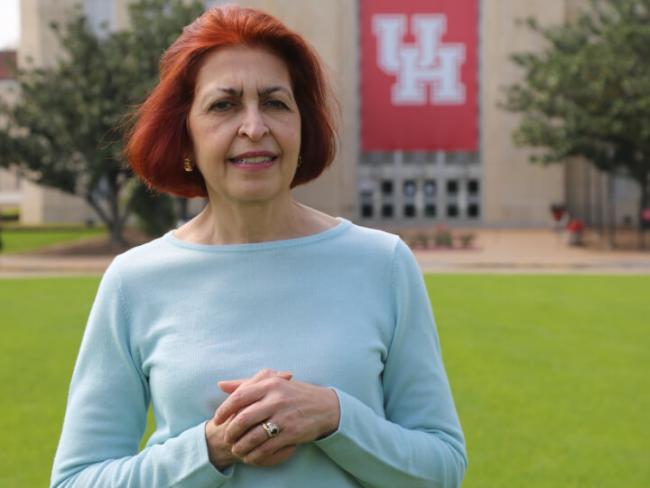Director's Letter, Summer 2021

As we enter the 2021 hurricane season and reflect on the events of this past year, the term “resilience” — now common in our everyday lexicon — takes on new meaning. In the context of natural hazards, we can no longer view each hazard as an independent occurrence that challenges us in specific ways. COVID-19 and winter storm Uri on the trail of Hurricane Harvey have changed all that; we must now think more broadly and more comprehensively about ways to overcome these disruptive shocks and their overlapping presence, consequences and impacts. Our society and the systems supporting our societal needs are due for adaptive transformations that speak to overcoming multi-hazards. Such transformations in mitigation, assessment, prediction, prevention, education and recovery, however, require a collective effort from every part of our society. We need to break down barriers that deter open dialogue and collaboration among the entities that are agents for change.
To facilitate dialogue and support the development of a transformational and adaptive framework for resilience to natural hazards, The Hurricane Resilience Research Institute (HuRRI) introduces The Resilience Series, an annual moderated forum for conversation surrounding sustainability, resilience and smartness. In its first year, the Series places Texas in the spotlight and addresses winter storms, infectious disease and flooding. HuRRI invites your participation in the dialogue surrounding these multi-hazards to help shape the framework for resilience at the individual, community/local, and national scales.
The Series, consisting of 3 virtual webinars during the months of June, July and August of 2021 is a preamble to the Texas Academy of Medicine, Engineering, and Science of Texas (TAMEST) Natural Hazards Summit that launches in Houston on October 19, 2021 and continues on to Lubbock on May 16, 2022.
We encourage you to join the conversation by participating in the Resilience Series and the TAMEST Natural Hazards Summit.